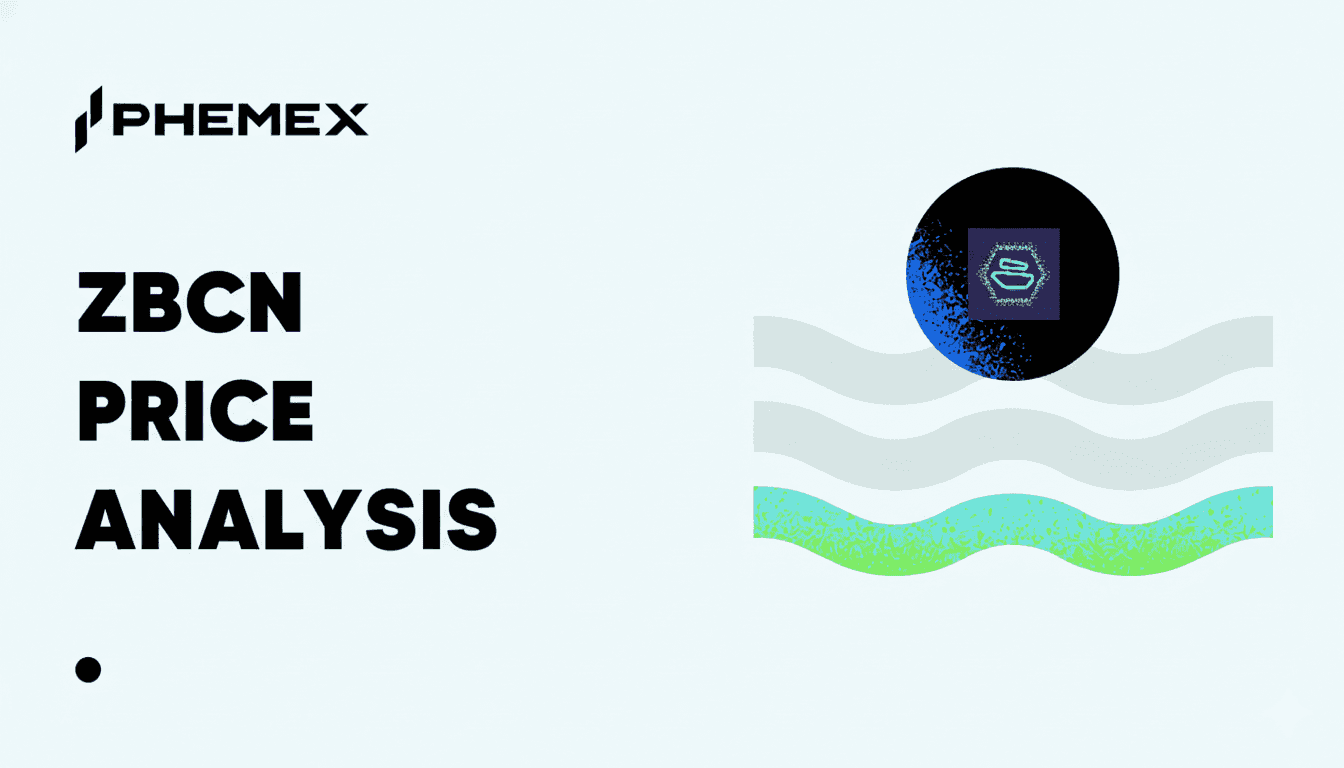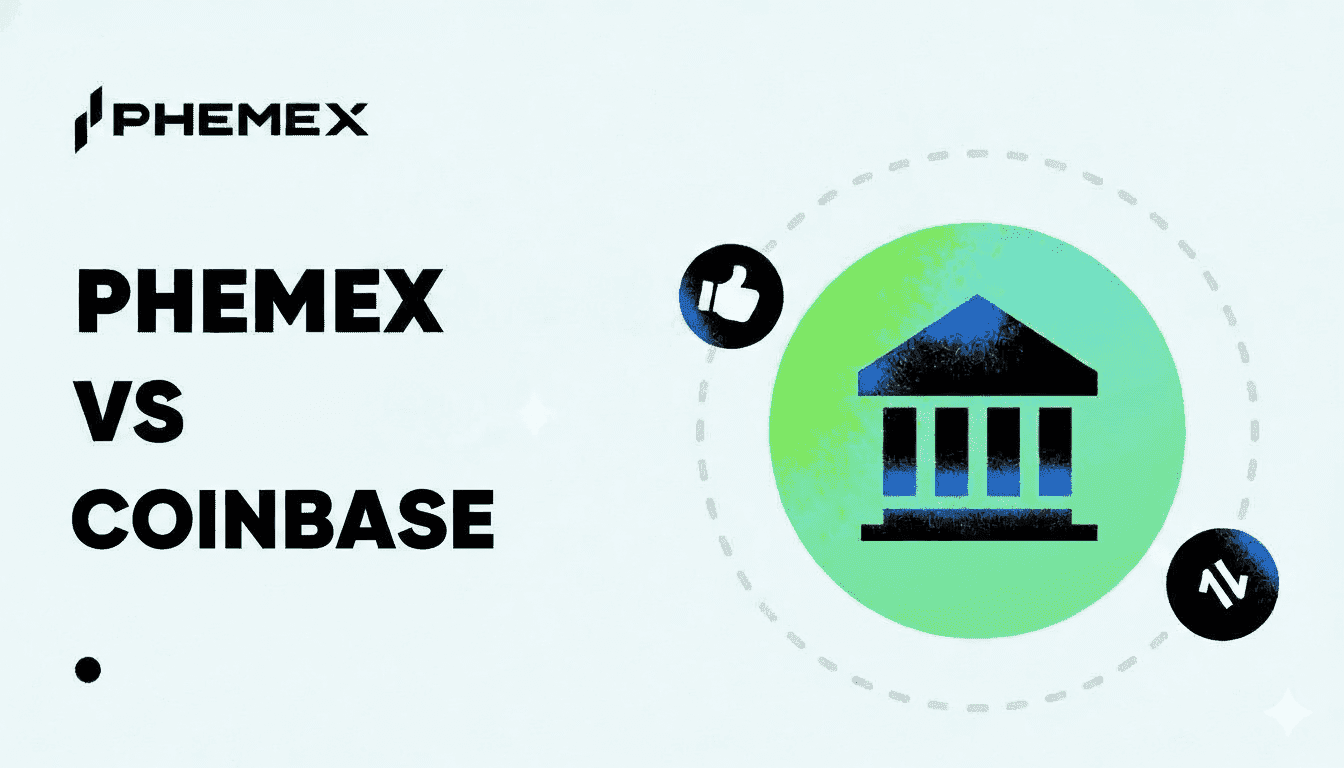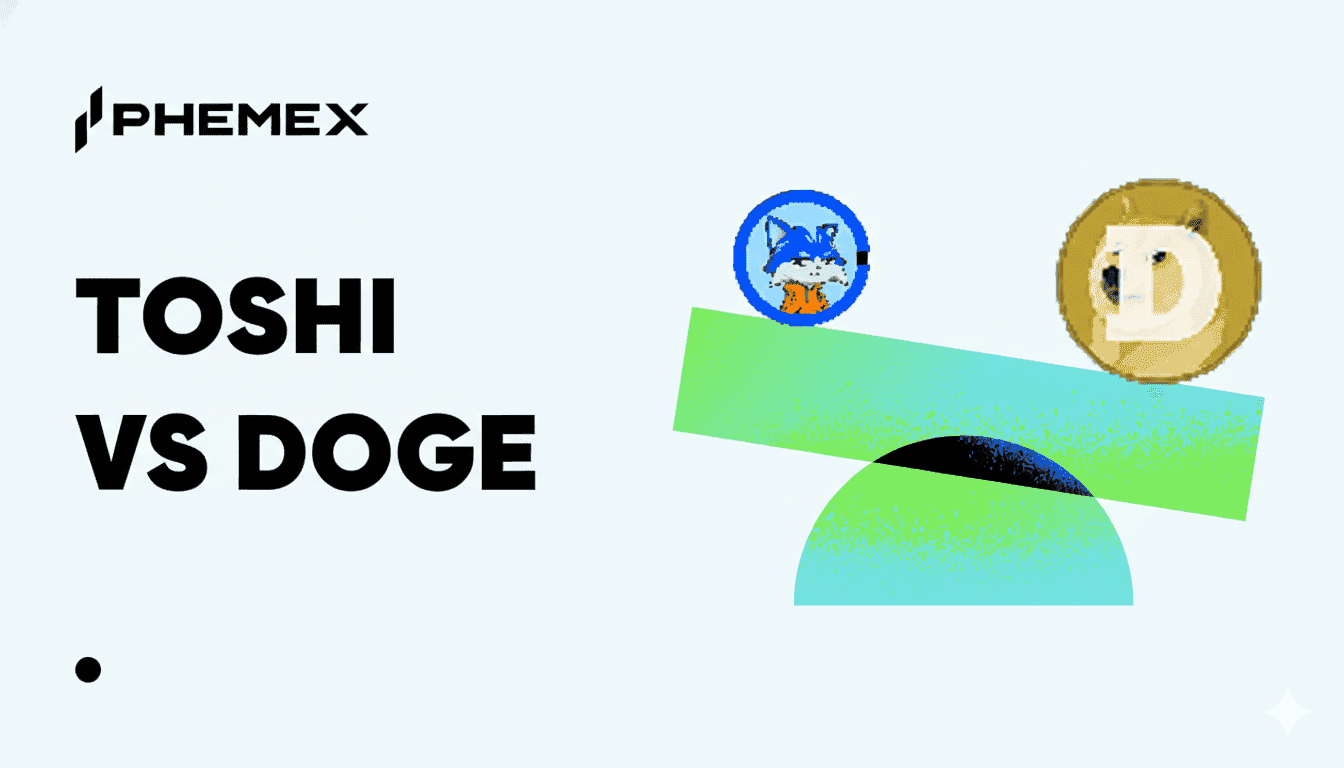Summary
- A Bullish Market: Going long on or buying an asset is a bullish action that a trader can take. Being a bull or having a bullish attitude stems from the belief that an asset’s price will rise in value. A bull market is when a coin’s price is rising – called an uptrend
- A Bearish Market: Being bearish is the exact opposite of being bullish – it’s the belief that an asset’s price will fall. A bear market is when a coin’s price is falling – called a downtrend
The cryptocurrency market has its own language, but a fair amount of the terminology comes from traditional finance markets. If you’re just starting to trade, terms like bullish and bearish are ones you’ll hear frequently. These terms are important for effectively describing market conditions when communicating with other crypto traders. Having a clear understanding of these terms makes it easier to figure out the direction of the market.

What Does Bull Or Bullish Mean?
The term “bull” or “bullish” comes from the bull, who charges upward with its horns, “thrusting asset prices up.” Going long on or buying an asset is a bullish action that a trader can take.
Being a bull or having a bullish attitude stems from the belief that an asset’s price will rise in value. To say “he’s bullish on Bitcoin,” for example, means that the individual believes the price of Bitcoin will increase.
Being a bull can represent an opinion or action. Someone who is bullish may go long on the assets they are bullish on – or, they may just have an opinion that the asset price will rise but decide against making any trades. Bullish stances can be specific opinions about a cryptocurrency, or they can be broad opinions about the overall market.
What Is A Bull Market?
A bull market is when a coin’s price is rising – called an uptrend – typically over a sustained period, such as months or years. Bullish, bull, and long are often used interchangeably. Instead of saying “I’m long on that coin,” a trader may say, “I’m bullish on that coin.” Both indicate the person believes prices will rise.
What Does Bear Or Bearish Mean?
The term “bear” or “bearish” comes from the bear, who strikes downward with its paws, “pushing asset prices down.” Being bearish is the exact opposite of being bullish – it’s the belief that an asset’s price will fall. To say “he’s bearish on XRP” means the individual believes the price of XRP will decline in value. Bearish stances can be specific opinions about a cryptocurrency, or they can be broad opinions about the overall market.
Like bullish opinions, a person may hold bearish beliefs about a specific project or a cryptocurrency in general. A trader with bearish beliefs may choose to act on the opinions or not. If the trader does act, they may sell the coins they currently own or go short.
What Is A Bear Market?
A bear market is when a coin’s price is falling – called a downtrend – typically over months or years. Bearish, bear, and short are often used interchangeably. Instead of saying “I’m short on that coin,” a trader may say, “I’m bearish on that coin.” Both indicate the person believes prices will fall.
What’s The Difference Between Bearish And Bullish?
The key difference between bullish and bearish is that bulls believe prices will rise while bears believe prices will fall. While bulls are optimistic and believe an asset is undervalued, bears are pessimistic and see the same asset as overpriced. When a bull market happens, it’s because the overall market conditions support price increases. When a bear market happens, prices fall across the board as negative sentiment pushes down demand.

Below’s an overview of the key differences between bullish and bearish traders:
Differentiating FactorsBull MarketBear MarketSupply & DemandHigh demand, weak supplyLow demand, high supplyGrowthHigh GDPLow GDPEconomyStrong economy, more tradingWeak economy, less tradingSentimentHigh confidenceLow confidenceInvestment PrincipleSell highBuy lowPricesSustained highsSustained lowsLiquidityHigh liquidityLow liquidityEmploymentLow unemployment rateHigh unemployment rate
How To Trade In A Bullish vs Bearish Market?
Trading In A Bullish Market
1 Watch Technical Indicators
Technical indicators give you an indication of the direction an asset is moving. If you’re trading in a bullish market, you’ll want to look for indicators that signal the start or continuation of an uptrend. Some common technical indicators used by traders are moving averages, support and resistance levels, and trend lines.
2 Buy Early
In a bull market, it’s generally best to start buying early before prices rise too high. Moreover, don’t get too caught up in FOMO. If you wait too long, you may end up buying at the top just before a correction.
3 Take Profits
Sell limit orders are your friend in a bull market. By setting sell limit orders at predetermined prices, you can take profits along the way as the market rises. As a bullish investor, this will help you lock in some gains and prevent you from selling at a loss if the market starts to reverse.
Trading In A Bearish Market
1 Get Away From The Charts
When the market is volatile, FUD creeps in.
2. Dollar Cost Averaging
DCA is an investing strategy where you spread your investment into equal parts and purchase at regular intervals. In a bear market, this strategy can help you average out your entry price and reduce your overall risk.
3 Focus Long-Term
If you’re investing for the long-term, don’t let the day-to-day fluctuations discourage you.
What Are Some Bullish vs Bearish Patterns?
Bullish Patterns
1 The Hammer (Inverted Hammer)
The hammer is a bullish reversal pattern that can signal a downtrend’s end. The pattern is created when the market makes a new low, followed by a strong rally. The rally should be strong enough to push prices above the previous day’s high.

The inverted hammer is a variation of the hammer pattern that happens at the end of an uptrend. The market makes a new high, followed by a sharp sell-off. The sell-off is then followed by a small rally, which should not exceed the previous day’s high.
2. The Bullish Engulfing Pattern
This is created when a small bearish candlestick is followed by a large bullish candlestick. The pattern can signal the end of a downtrend and the beginning of an uptrend.

3 The Piercing Line Pattern
This is created when the market is in a downtrend and prices make a new low. This is then followed by a strong rally that pushes prices above the midpoint of the previous day’s candlestick. The pattern can signal the end of a downtrend and the beginning of an uptrend.
4 The Morning Star Pattern
This is created when the market is in a downtrend and prices make a new low. This is then followed by a small bullish candlestick, which is then followed by a large bullish candlestick. The pattern can signal the end of a downtrend and the beginning of an uptrend.

Bearish Patterns
1 The Hanging Man Pattern
This is created when the market is in an uptrend and prices make a new high. This is then followed by a sharp sell-off that creates a long bearish candlestick. The pattern can signal the end of an uptrend and the beginning of a downtrend.

2 Dark Cloud Cover
This pattern is created when the market is in an uptrend and prices make a new high. This is then followed by a large bearish candlestick that closes near the middle of the previous day’s candlestick.

3 Evening Star Pattern
This pattern is created when the market is in an uptrend and prices make a new high. This is then followed by a small bearish candlestick, which is then followed by a large bearish candlestick.

The Bottom Line
No matter which coin you are trading, if you are taking part in any conversation about the state of the markets you will hear terms “bullish” and “bearish” being used. Hopefully, you now have a greater understanding of what they mean and will be able to work them into a conversation and impress your non-crypto friends.
For any inquiries contact us at support@phemex.com
Follow our official Twitter | Join our community on Telegram
Trade crypto on the go: Download for iOS | Download for Android
Phemex | Break Through, Break Free











